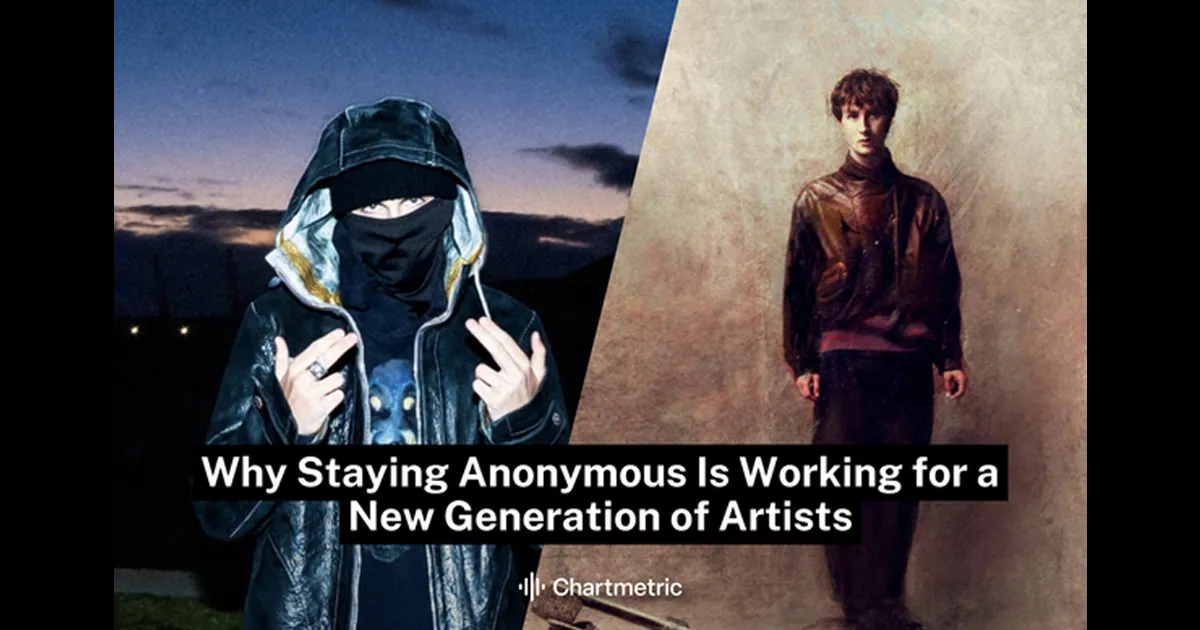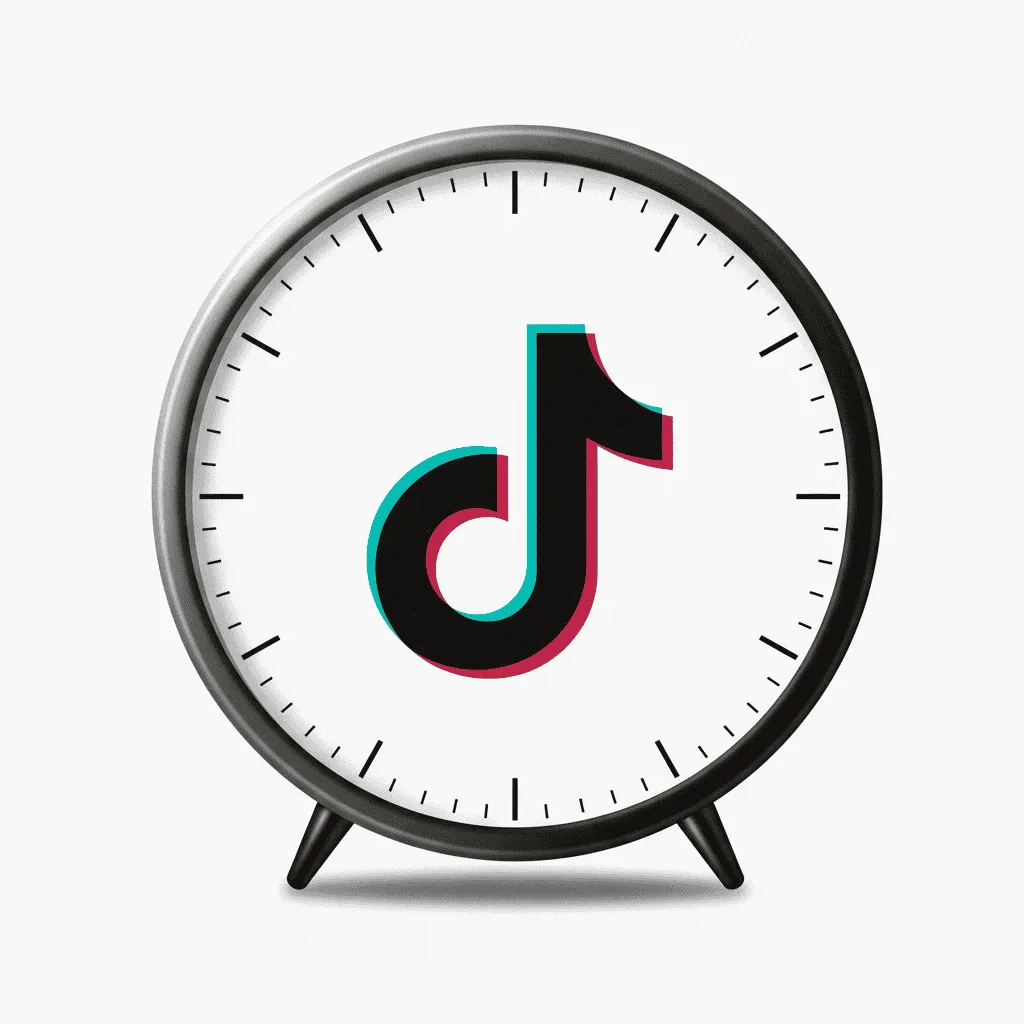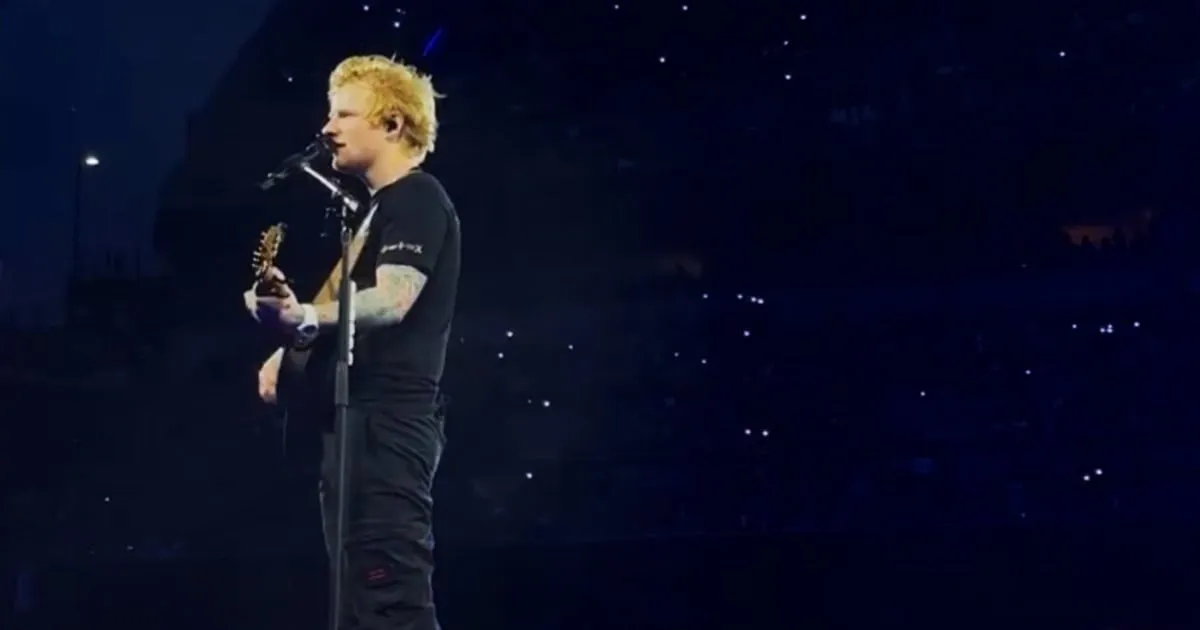This guest post from David Harrell first appeared on his Digital Audio Insider blog. When he’s not blogging, David also makes music with the Layaways.
Free music is getting a bad rap as of late by some industry analysts (see Mark Mulligan’s recent post), but – in certain circumstances – I still think it can work. I agree with the skeptics — having all artists give away digital downloads of all their music isn’t a long-term solution for the industry. However, it’s important to distinguish between what works for the entire industry and what works for an individual artist.
Here’s a recent example that I think is going to succeed, in the sense that free music is going to increase both the attention the artist receives, and his long-term income: Mojo Nixon, of “Elvis Is Everywhere” and “Don Henley Must Die” fame (and currently a DJ at Sirius XM), is giving away his entire catalog via Amazon MP3.
It works because:
1. It’s a limited-time offering — it’s not free forever, just the next few weeks.
2. Mojo Nixon is already relatively well known, but I’m guessing he’s not selling a ton of music these days. So he’s receiving some attention for it, while there’s limited downside in that he’s probably not giving up much by forgoing his sales for a few weeks. (Though you cou
ld also argue that he’s giving up some future sales as well.)
3. The free music isn’t coming directly from the artist — you download it from an actual digital store. I doubt the free music gambit would work as well for Nixon if the files were coming from his own website. There’s already too much artist (and MySpace) hosted content for listeners to digest. Having the free music come from an established store makes it relatively unique. It also enhances the perceived value of the tracks — you see them listed as “free” among other downloads that cost anywhere from 89 cents to $1.29.
What does Nixon expect to gain from it?
From an an e-mail interview with Hypebot:
“ i bet in the long run this will be a greater financial pleasure than the status quo”
Of course, what works for Mojo Nixon isn’t going to work for every artist. Lesser-known acts would probably have a hard time getting Amazon to sponsor such a giveaway. (According to a comment to the Hypebot story, Nixon’s agent/manager is an Amazon employee.) And there’s also a value to being a trendsetter. I doubt the attention Radiohead garnered for its “In Rainbows” experiment will be equaled by the next big-name act who tries it.
Going forward, it will be harder for labels and artists to gain attention with free music promotions. But for the next couple of years, it seems like individual acts will still benefit from strategic giveaways. Look for a follow-up post next week on the results of my own band’s giveaway of our last album.




